In our ever-evolving technological era, the importance of reliable identity check systems is undeniable. Especially when considering crucial public sectors like airports or even private enterprises. Enter cutting-edge research from Kyushu University, Japan, where scientists are venturing into a novel realm of biometric authentication – your breath!
The Science Behind Breath Identification
While conventional security checks, including fingerprints, voices, or palm prints, rely on an individual’s physical attributes, they aren’t entirely foolproof. Physical characteristics are susceptible to duplication or might be altered due to injuries.
Chaiyanut Jirayupat, the study’s pioneer, emphasized the limitations of prior research focusing on percutaneous gas produced by the skin. He highlighted that these methods falter due to the skin’s insufficient volatile compound concentration. This challenge led the scientists to explore the potential diagnostic properties of human breath, which had been previously harnessed for detecting diseases such as cancer, diabetes, and even COVID-19.
The Breath Identification Mechanism
The team identified 28 distinctive compounds in human breath viable for biometric authentication. Using an advanced olfactory sensor array equipped with 16 channels, each channel was designed to recognize a specific compound range. By analyzing the breath’s sensor data, a machine developed unique profiles for individuals.
The preliminary tests were commendably successful, boasting an average accuracy rate of 97.8%. Even when the sample pool was expanded, this accuracy was consistent, making the findings even more promising.
The Future of Breath-based Security
However, like all initial studies, there are challenges to surmount. Currently, the system requires subjects to fast for six hours prior to testing, which isn’t feasible for real-world application. But the researchers are optimistic, believing that more sensors and data collection can address these challenges.
Collaborating with Tokyo University, the findings of this revolutionary study were recently featured in the Chemical Communications journal.
Conclusion:
In a world increasingly reliant on secure authentication methods, the breath-based biometric system spearheaded by Kyushu University offers a beacon of hope. With its impressive initial success and the promise to refine its capabilities further, we might soon see this innovation revolutionizing biometric authentication systems globally, making our personal data safer than ever.



